Cosenza, Italy
On a dreary afternoon in May, hundreds of well-dressed Italians crowded into a regal government building in Cosenza, aptly named The Provincial Palace of the Hall of Mirrors. It was a campaign event for Fratelli D’Italia, Italy’s ruling political party. The supporters listened attentively for more than two hours. The mood was triumphant and the politicians spoke as if victory was inevitable. They spoke about a plan for when, not if, the right assumed greater power in Europe.
“This confidence is due to the fact that we, as Italy, have acquired centrality in a very important way,” said Giovanni Donzelli, the party’s national organization manager.
“This centrality is all thanks to the great work done by our leader Giorgia Meloni. In just a year and a half, she has finally managed to turn Italy into a leading force in not just Europe, but across the Mediterranean and even in the West,” he went on.
There wasn’t a single disruption or poorly matching outfit. There also weren’t enough golden chairs to seat everyone in the densely packed room, forcing some to lean on the mahogany tables lined along the scarlet-colored walls. The American mind cannot comprehend this level of style on the campaign trail. And the politics aren’t like yours either, so bear with us.
In October 2022, Meloni was elected Italy’s prime minister on a campaign of reclaiming lost sovereignty to the European Union, clamping down on illegal immigration and upholding traditional conservative values. Since then, she has surprised many left-wing alarmists who thought Fratelli D’Italia was inextricably linked to its fascist roots of the 1930s and 40s. This is the party of Mussolini after all. But the American Democrats are the party of slavery and Jim Crow, so who’s to say change isn’t possible?
Meloni has proved to be a cooperative partner with the European Union and no longer talks of leaving it. Earlier this year, Meloni was able to convince right-wing Hungarian firebrand, Viktor Orbán, to support a €50 billion aid package to Ukraine. This a shocking change in ideology for both politicians, as both have a history of support for Russia.
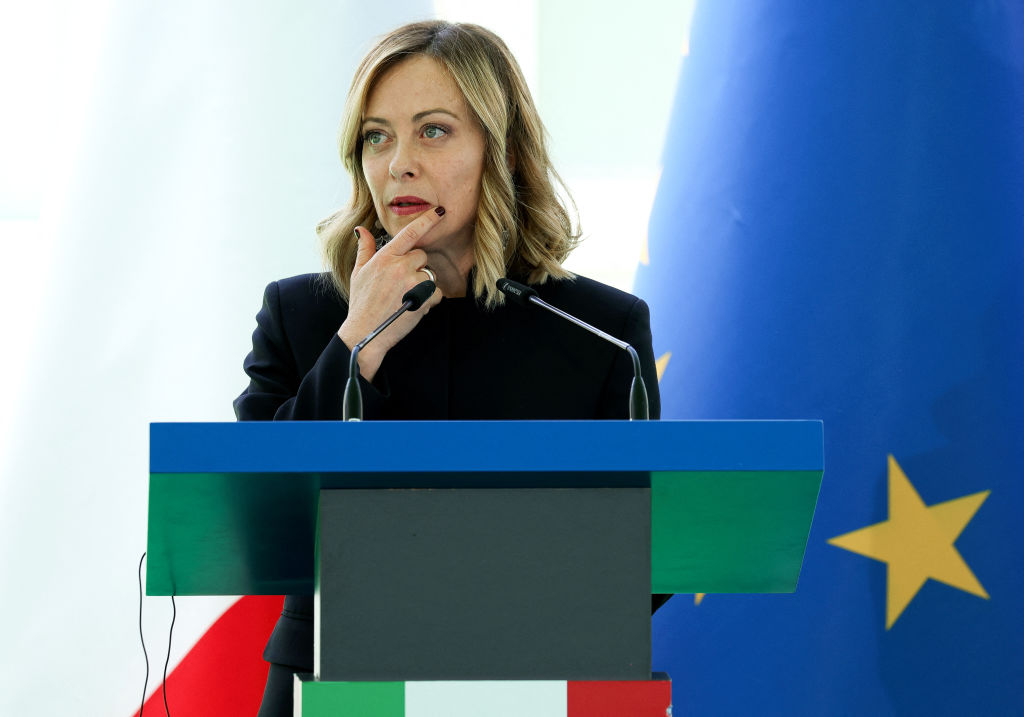
Meloni has yet to accomplish the broad immigration and bureaucratic reforms that she campaigned on. But what she has accomplished, which has earned her a sufficient base of popular support, is to consolidate the previously disparate right-wing forces in Italy. In the Italian parliament, Meloni leads a coalition with the center-right Forza Italia and the far-right Lega. She now wants to do the same in Europe.
“We have a clear objective — we want to do in Brussels what we did in Rome a year and a half ago; build a center-right government in Europe and finally send the leftists, reds, greens and yellows, who have caused so much damage to our continent over the years, into opposition,” Meloni said at a rally in Rome on June 1.
This weekend, Europeans will head to the ballot box to pick their members of European Parliament, who will in turn elect a president of the powerful European Commission. That position has been held for the last five years by the leader of the center-right European People’s Party or EPP, Ursula von der Leyen, who secured majority support with the help of two political blocs to her left.
But to secure a second five-year term, von der Leyen needs to be voted in by a majority in the parliament, meaning she may need a different set of coalition partners this time around. The EPP is expected to have a decent performance this weekend, gaining a few seats and still remaining the largest party in Parliament. But her coalition allies, specifically the center-left Renew Europe, are expected to lose more than twenty-five seats. That means von der Leyen may have to form a deal with none other than Meloni, who is leader of the European Conservatives and Reformists, or ECR, the EU’s largest far-right bloc.
Leading up to this election, von der Leyen has tacked to the right on key issues, including a major immigration pact, in hopes of courting Meloni as a potential partner. “She is clearly pro-European, against Putin, she’s been very clear on that one, and pro-rule of law, if this holds, and then we offer to work together,” von der Leyen said at an election debate in May.
But Meloni is being courted by another suitor — leader of the further right Identity and Democracy (ID) — Marine Le Pen, who wants the ECR and ID to unite and create a “right-wing supergroup.”
This makes Meloni the most popular girl in the parliament, and if she goes with von der Leyen’s centrists, Europe’s next queenmaker.
The constellation of political parties, their subgroups, and the various coalition possibilities in the European Parliament may seem convoluted to Americans familiar with the two-party system. But this is still the West, and the central ideologies will be very familiar.
Giancarlo D’Amenza, vice-president of the Italian Provincial Council, rose to address the crowd in Cosenza. “We need a new Europe, one that no longer uses a philosophy that destroys families — transgender philosophy — or married with the green philosophy that is forcing our agricultural companies to make their own investments,” he said.
You don’t even need to speak Italian to understand the tirades against transgenderism. You just catch the words LGBT… Masculo, Femino, ridicolo, followed by giggles and thunderous applause. No other issue, not even immigration, animated the crowd as much as this.
You’ll also be familiar with another central tenet of the new right: protectionism.
“I want to talk about a different philosophy for Europe, one that is in service to the citizens, one that Giorgia taught us. We have the necessity to protect ourselves from emerging economies. It is no longer taboo to talk about protectionism,” D’Amenza said. Protectionism has been a central aspect of the ruling ideology of Fratelli D’Italia and its partners in the ECR.
“Europe can continue to open our markets to those who do not respect our same social and environmental standards, or it can protect our businesses adequately from unfair competition to defend the civilization and welfare that has been achieved over the centuries,” Meloni said back in Rome.
But it was immigration that dominated the conversation in Cosenza and which propelled Fratelli d’Italia to power to begin with. From the very beginning of her tenure, Meloni has been determined to reduce the number of immigrants landing on Italian shores from Africa, but has faced considerable opposition from left-wing forces in Brussels.
However, only recently in April, the EU passed The New Pact on Migration and Asylum with a slim margin and chants from pro-migrant protesters in the halls of the European Parliament. The landmark reform will change how Europe manages the migrant crisis and will enforce greater shared responsibility among member states, a reform that Meloni has been pushing for many years. The reforms passed with majority support from the center-right and left coalition, signaling a shift in popular ideology in Brussels and Meloni’s coalition-building abilities.
“In Europe, finally they are interested in closing the borders,” said Donzelli.
“Have we solved everything? No, we have not, to be honest. There are so many things that are not going well, there are so many things that we still have to change,” he went on.
There is certainly a sense in Italy that Meloni hasn’t done everything she promised on immigration. But honesty has been a good strategy, says Nicoletta Pirozzi, head of program on European Union and institutional relations manager at the Istituto Affari Internazionali.
“She said very clearly that she didn’t manage to implement all her promises in the field of migration, but that she will still keep trying in the next parliament,” she said.



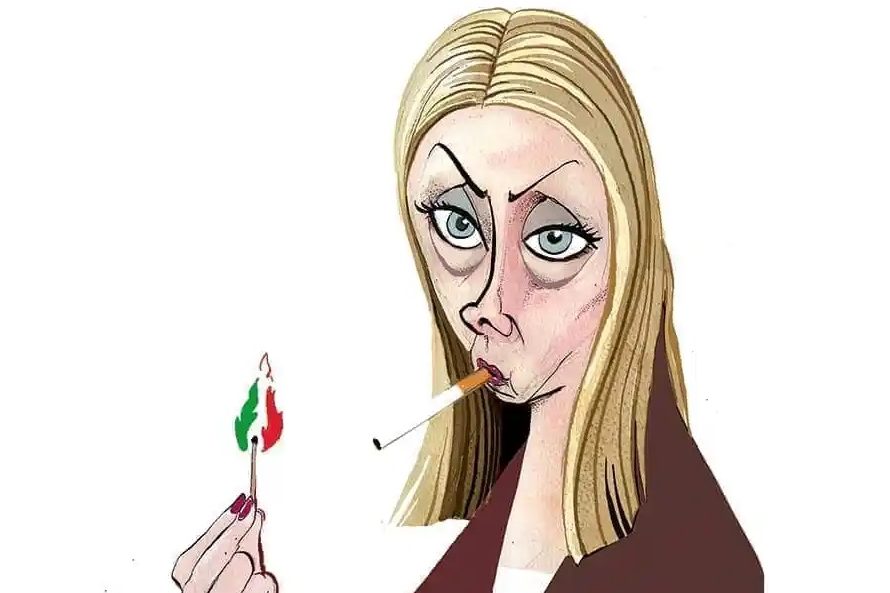







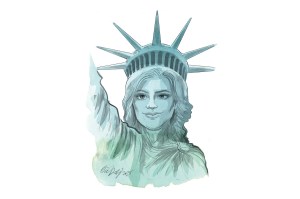

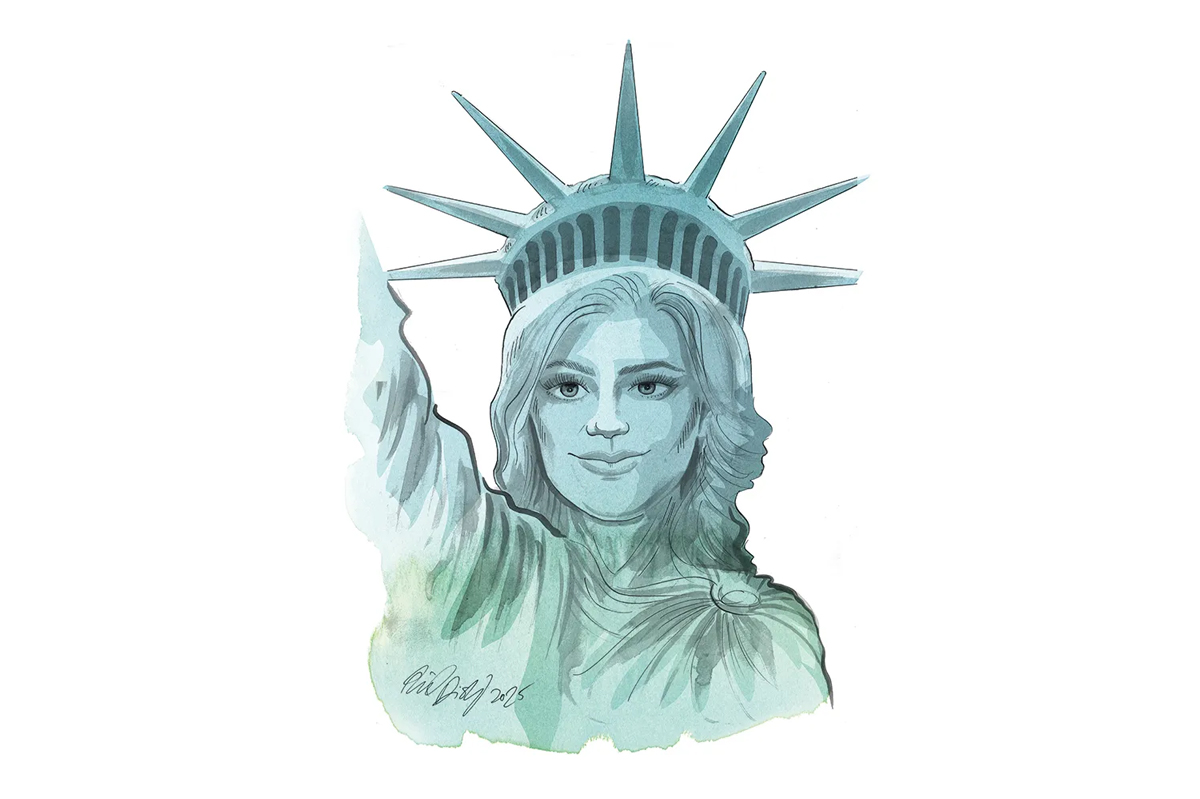



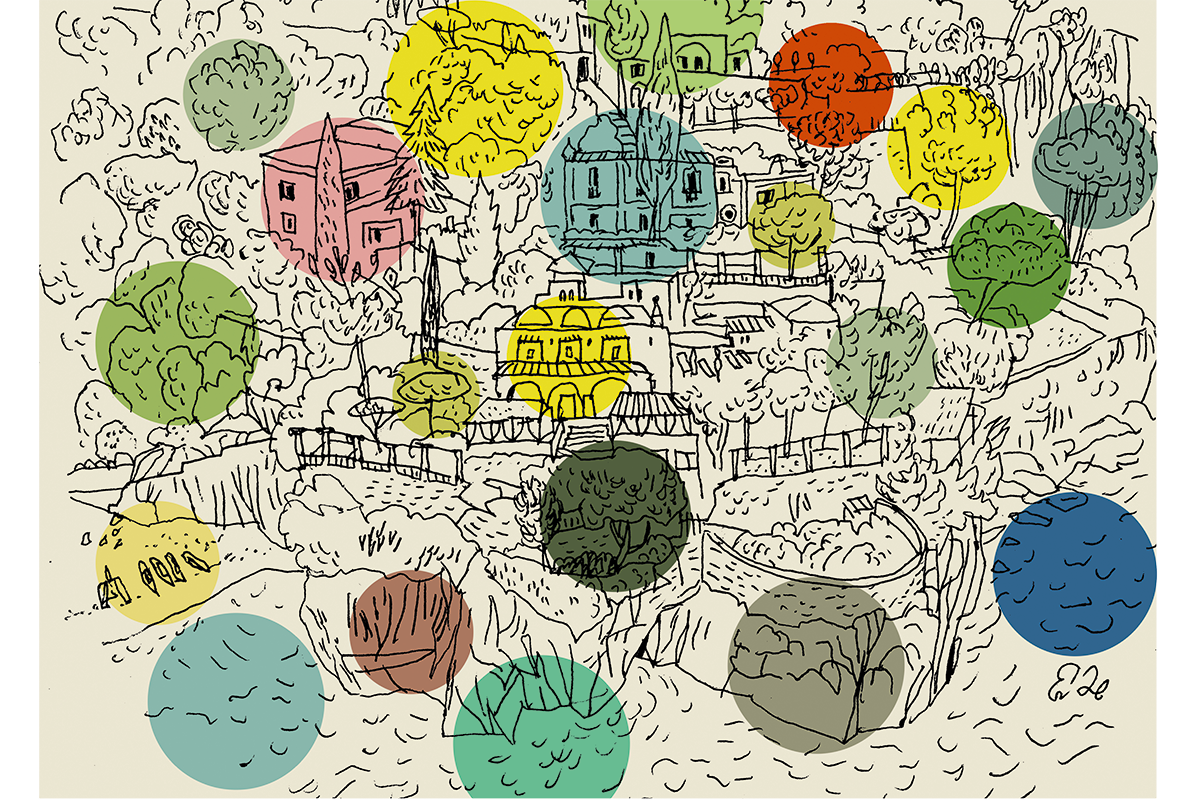
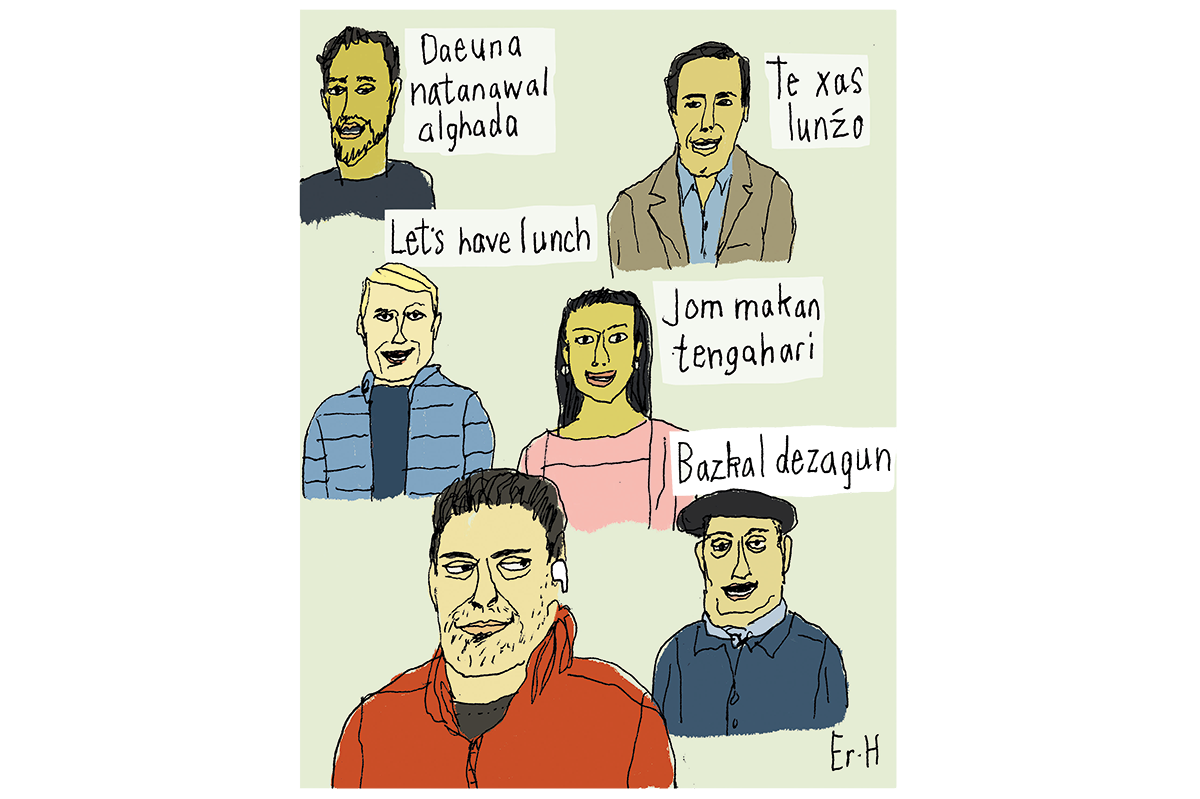







Leave a Reply